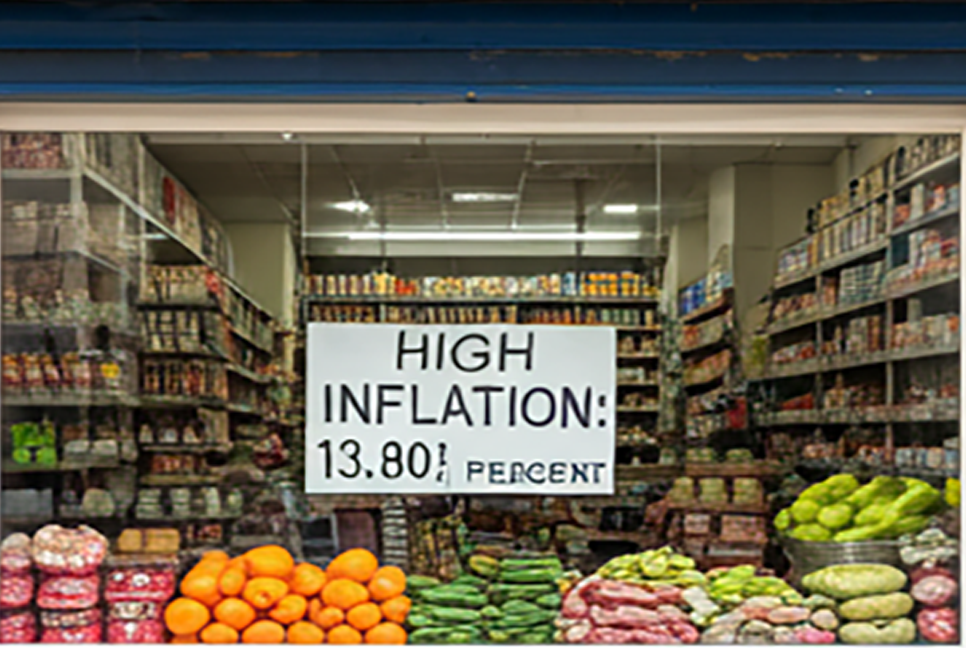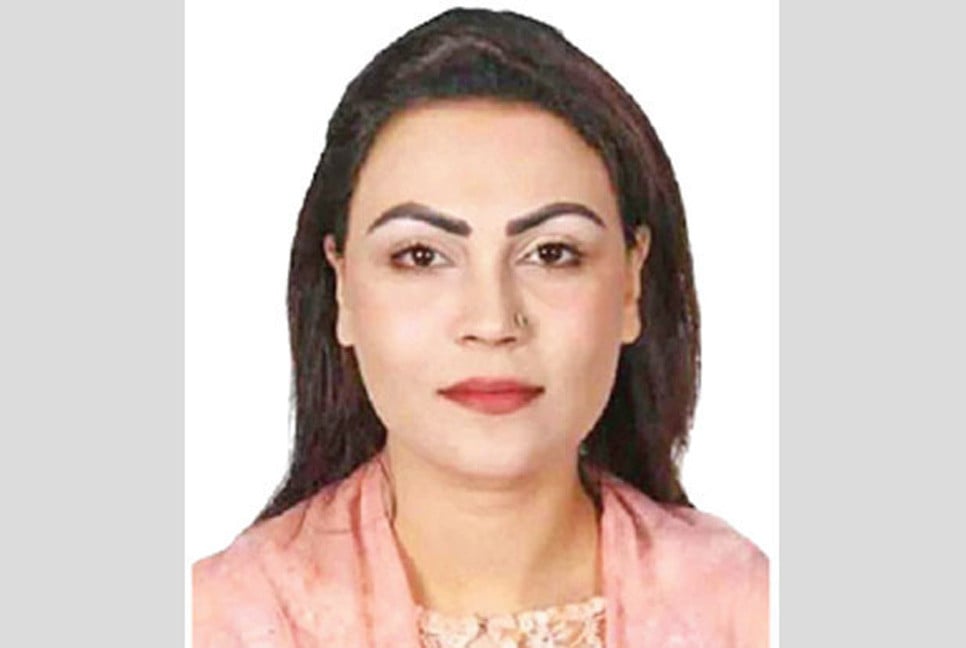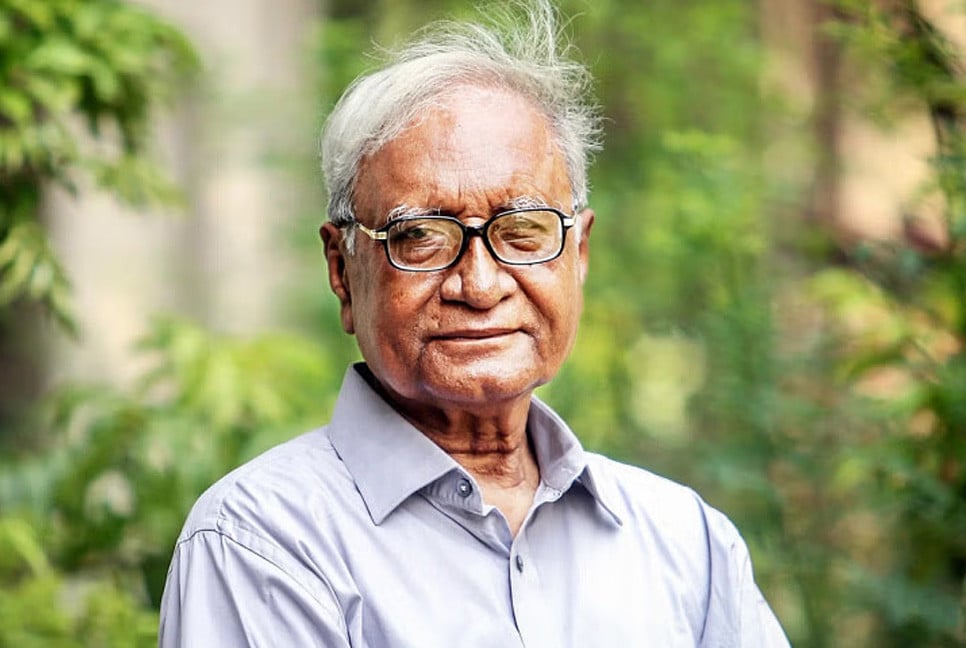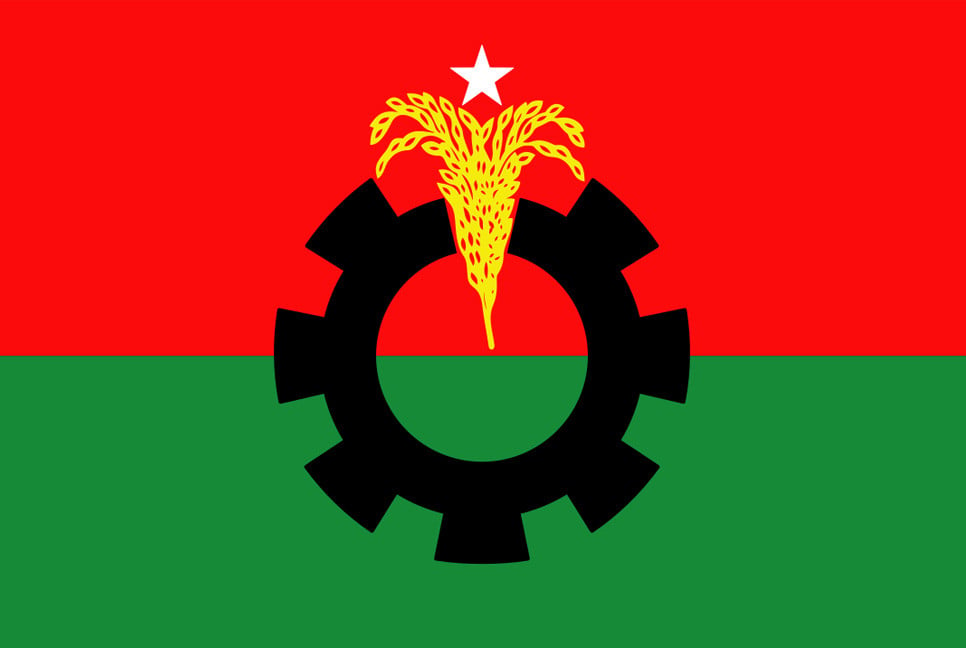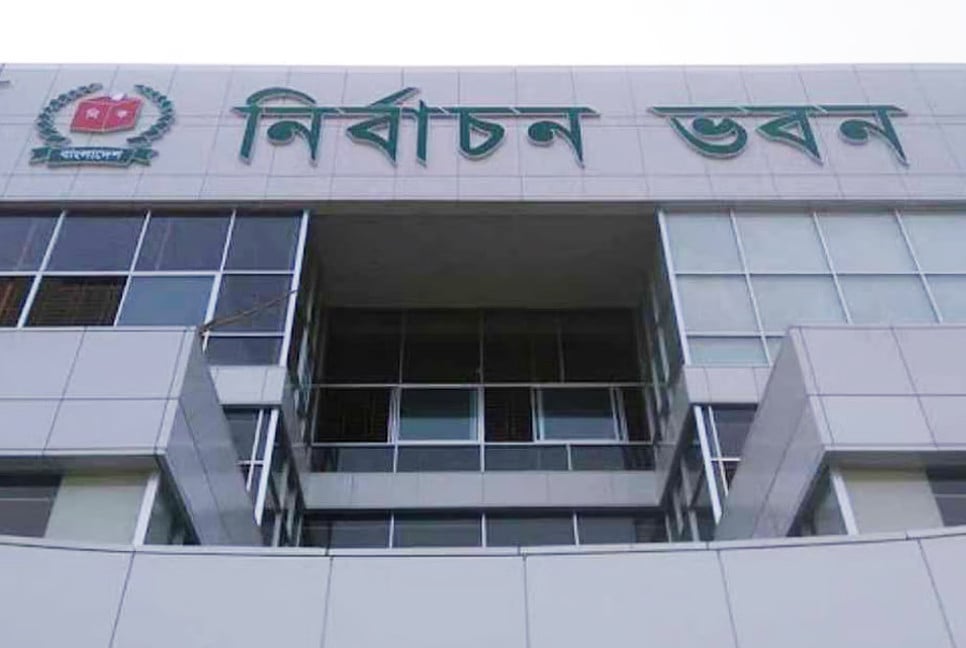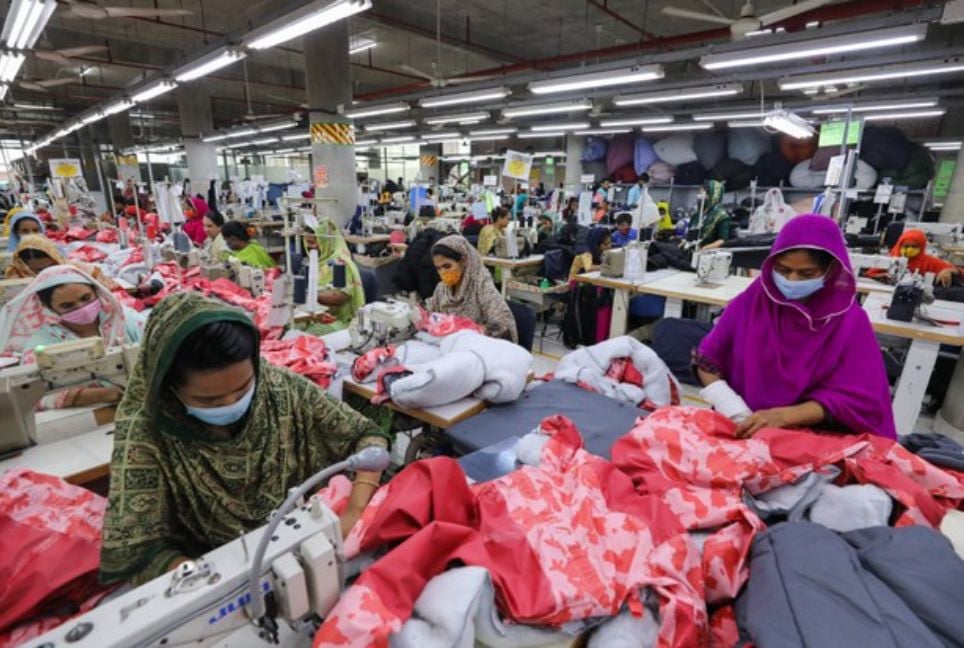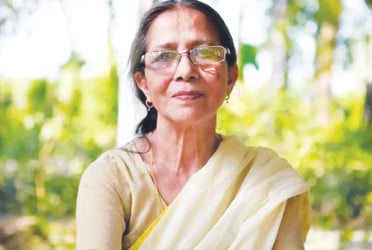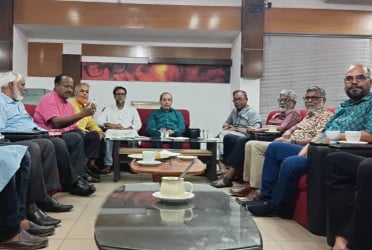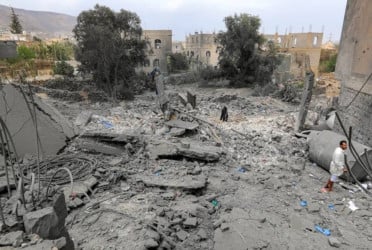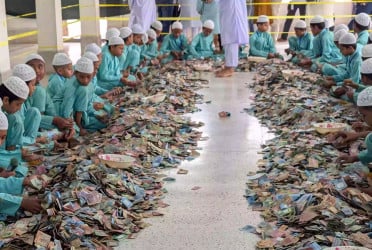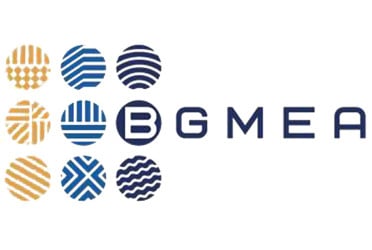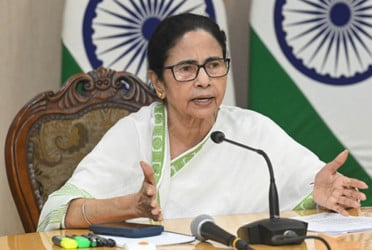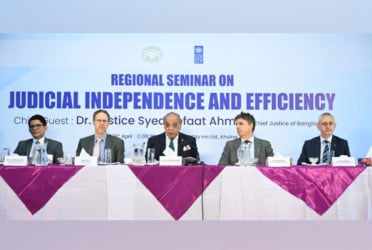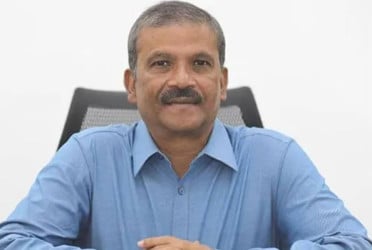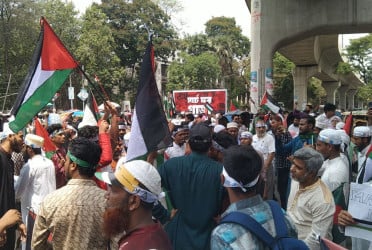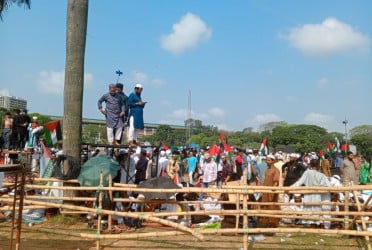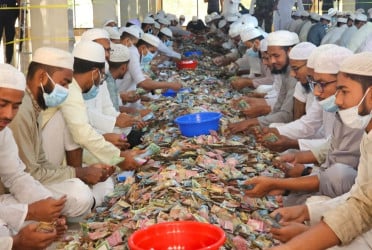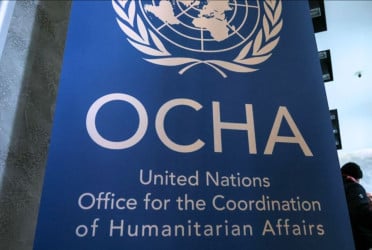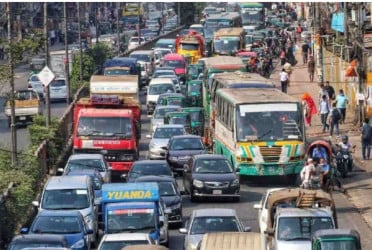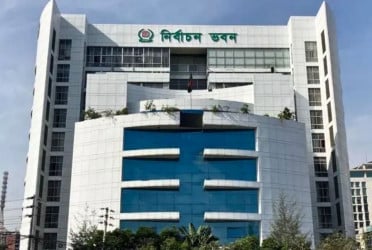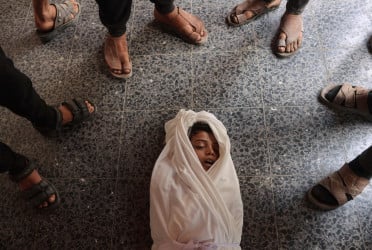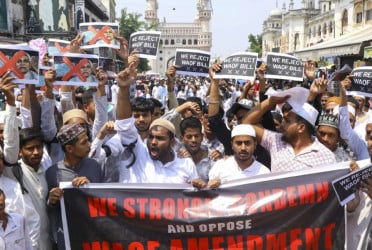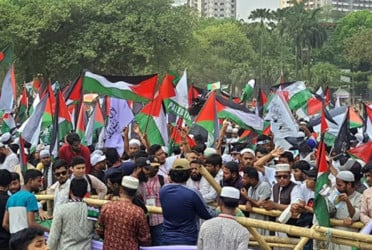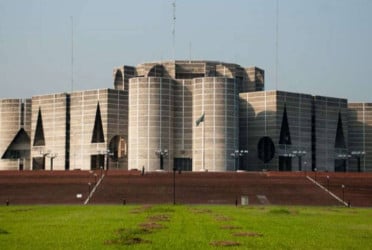Food inflation in Bangladesh reached 13.80% last November, according to the Bureau of Statistics (BBS). This implies consumers spent Tk 113.80 on food that cost Tk 100 the previous year, an average increase of Tk 14.
However, Saidul Alam, a private company employee from Rupnagar in the capital, disputes this figure. After calculating the prices of essentials like rice, lentils, edible oil, potatoes, onions, and eggs, he estimates spending Tk 125–130 for items that cost Tk 100 a year ago—suggesting actual inflation is nearly double the government’s estimate.
The Interim Government’s White Paper Drafting Committee, formed in response to public outrage over soaring prices, has acknowledged this gap. Their analysis revealed that inflation and other economic indicators have been consistently underestimated by successive governments for the past 15 years.
Dr. Debapriya Bhattacharya, Honorary Fellow of CPD and head of the committee, confirmed that actual inflation rates are significantly higher than reported by the BBS. He attributed this underreporting to systemic flaws in economic governance and a lack of transparency.
Inflation in Bangladesh has been significantly underestimated by the Bangladesh Bureau of Statistics (BBS), according to the white paper citing surveys from the Bangladesh Institute of Development Studies (BIDS) and the South Asian Network on Economic Modeling (SANEM). These surveys highlight that outdated data and methods used by the BBS fail to account for real-time market conditions and the economic realities faced by ordinary citizens.
A SANEM survey revealed that while household incomes remained stagnant between September 2022 and February 2023, expenses rose by an average of 13.1%. In contrast, BBS reported inflation at just 8.1% during the same period—5 percentage points lower than the cost increases experienced by households.
The white paper argues that while BBS reported inflation rates of 9–11%, the actual rates ranged between 15–17%, disproportionately affecting low-income groups. Sources involved in the report pointed out that BBS calculates inflation based on 724 products, which inadequately represent the consumption patterns of lower income households. The report recommends introducing separate inflation metrics for low-income groups, focusing specifically on essential food items, to better reflect their financial struggles.
Rising inflation, particularly food price hikes, continues to disproportionately impact lower-income households, eroding their purchasing power and living standards. The report also criticized the previous government’s failure to address inflation effectively, emphasizing the widespread economic harm caused by sustained high inflation.
A review of data from 2019 to 2024 highlights sustained high inflation as a major contributor to rising poverty and inequality, according to a recent white paper. Saidul Alam, a private-sector employee, shared the struggles his family faces due to soaring costs. "Compared to last year, our expenses have skyrocketed, forcing us to cut back on food for months," he explained. Once able to afford an egg every morning, his family of four now shares one every other day. Evening milk for his two sons has been entirely eliminated, and they’ve had to dip into their savings just to cover basic needs. These sacrifices have jeopardized both their nutrition and financial stability.
Experts describe this as an "inflation trap." Towfiqul Islam Khan, a Senior Research Fellow at CPD, explained to Bangladesh Pratidin that the core issue lies in the inability of low- and fixed-income earners to match rising costs with increased earnings. This imbalance erodes savings and forces families to cut essential spending on food, education, and healthcare. “Short-term inflation is manageable, but when it persists month after month, it becomes a trap,” Khan warned. “Low-income earners fall into poverty, while those already poor sink deeper into hardship.”
Prolonged inflation has deepened socioeconomic vulnerabilities, pushing middle- and lower-income groups into cycles of declining well-being and financial insecurity.
Translated by: Jisan Al Jubair
Bd-pratidin English

